HEALTH OASIS


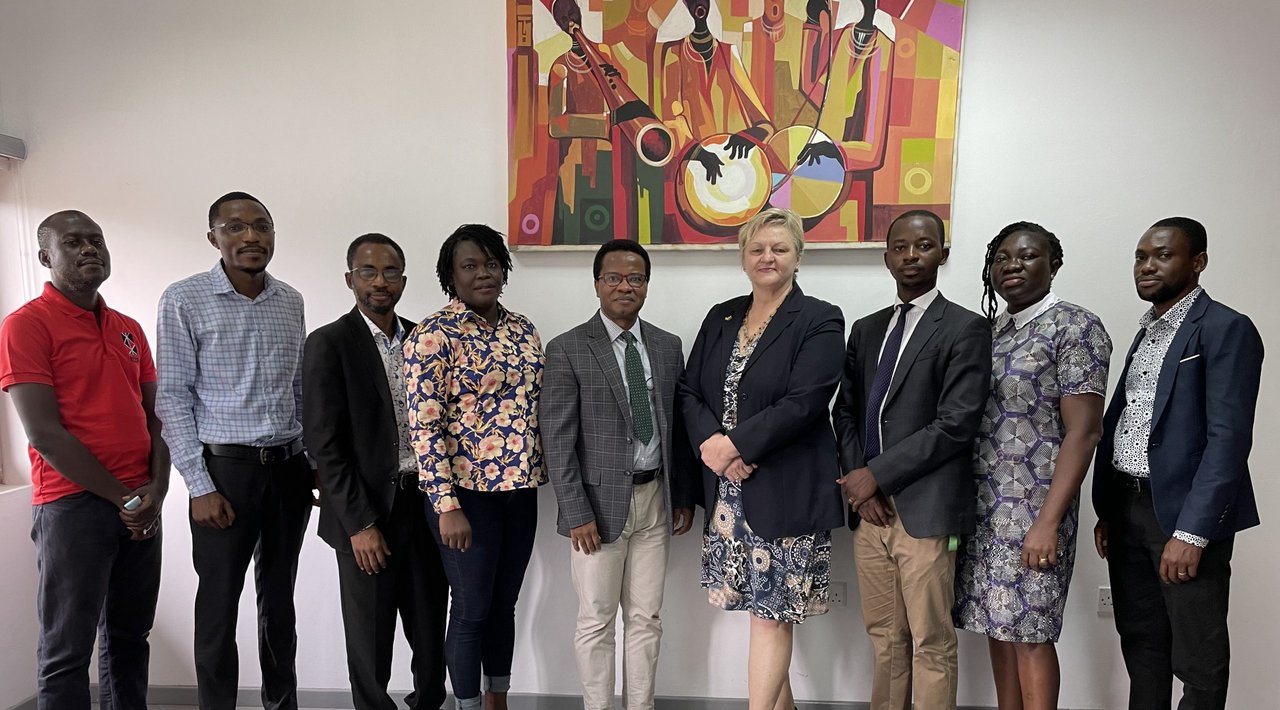

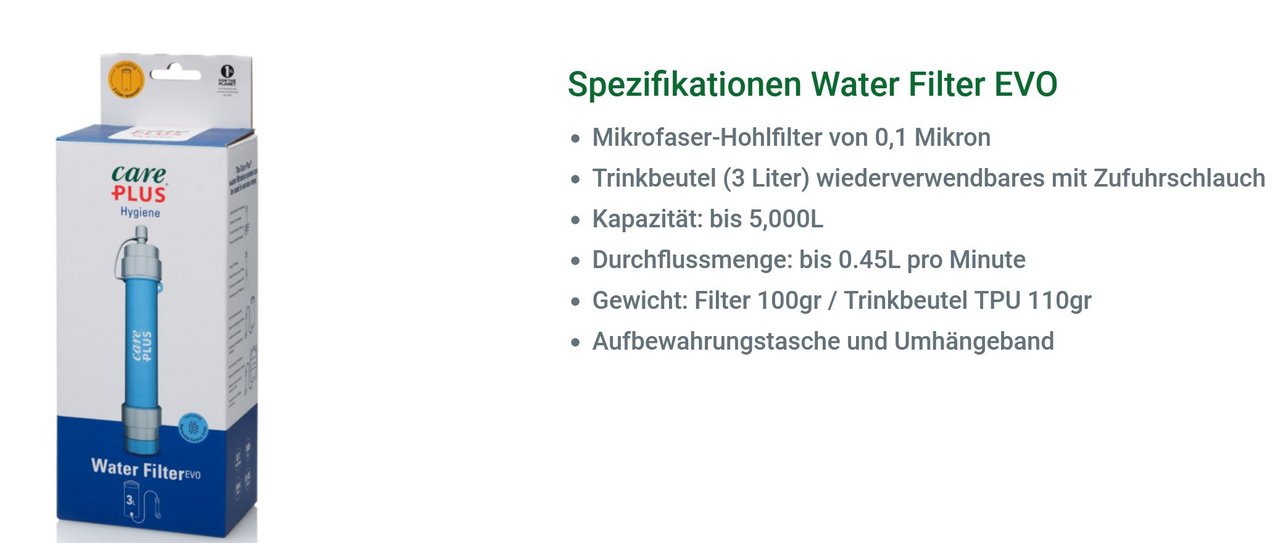
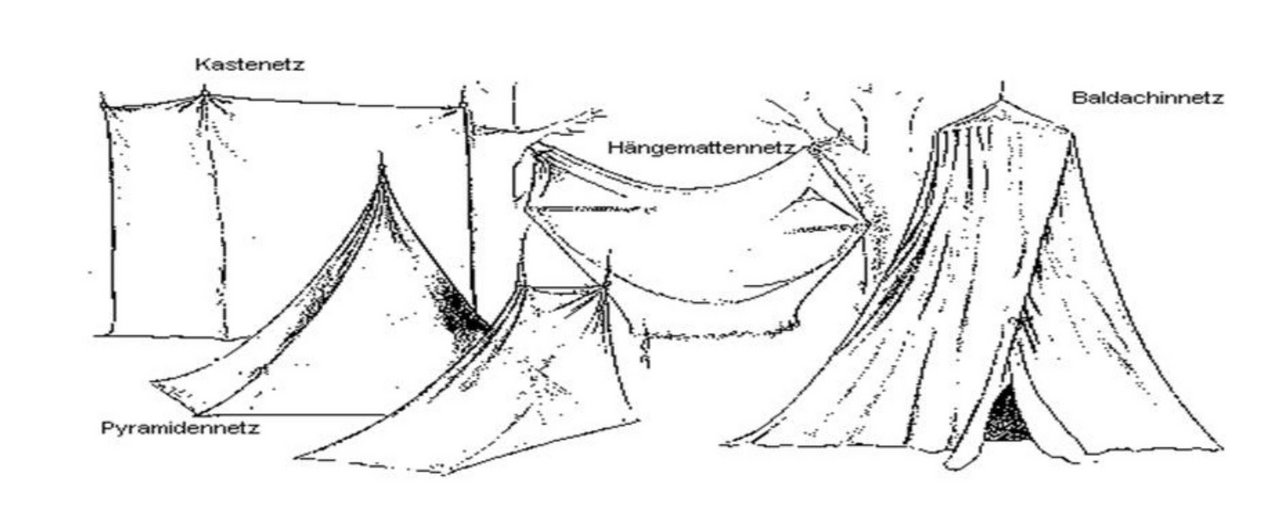
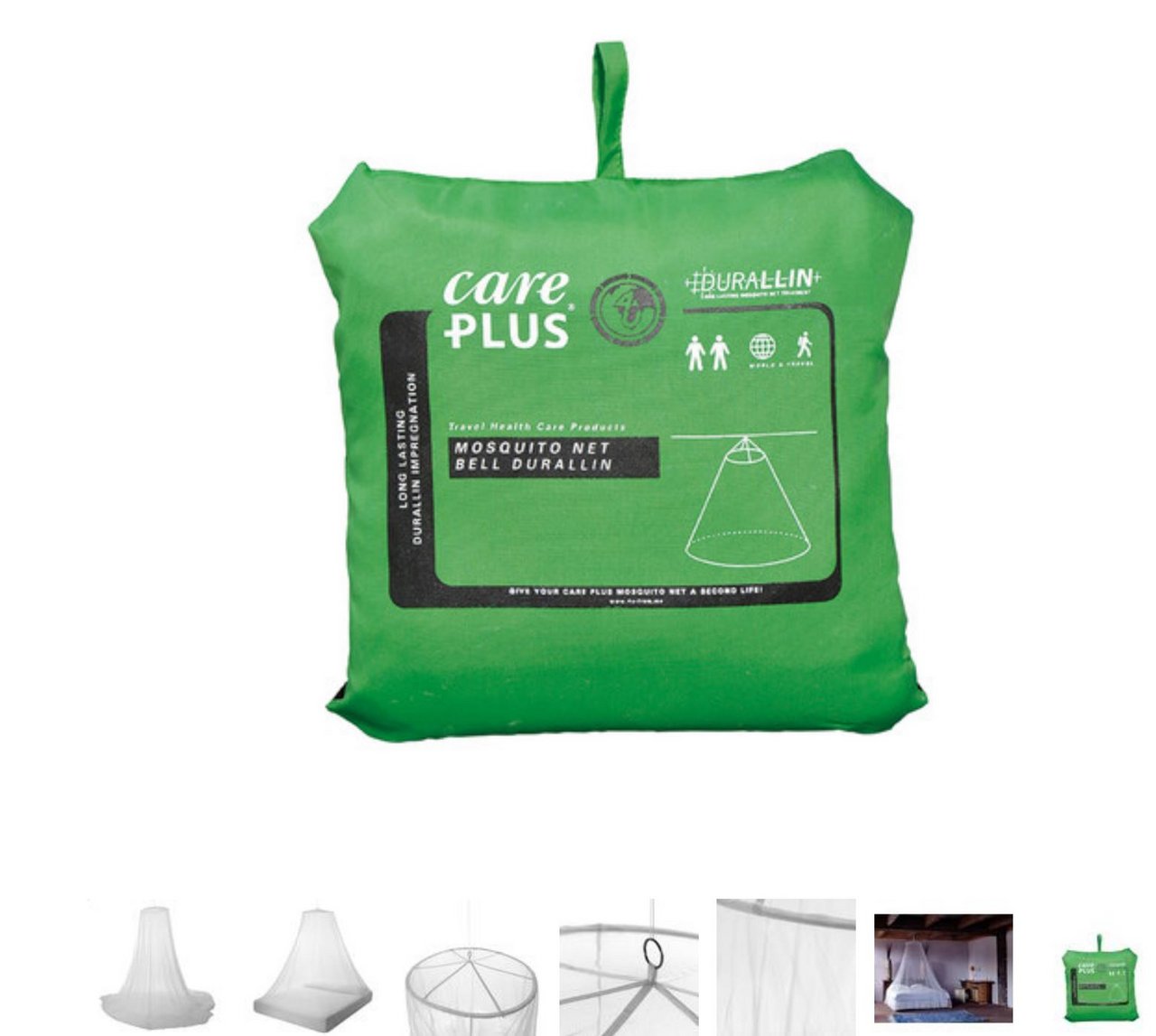

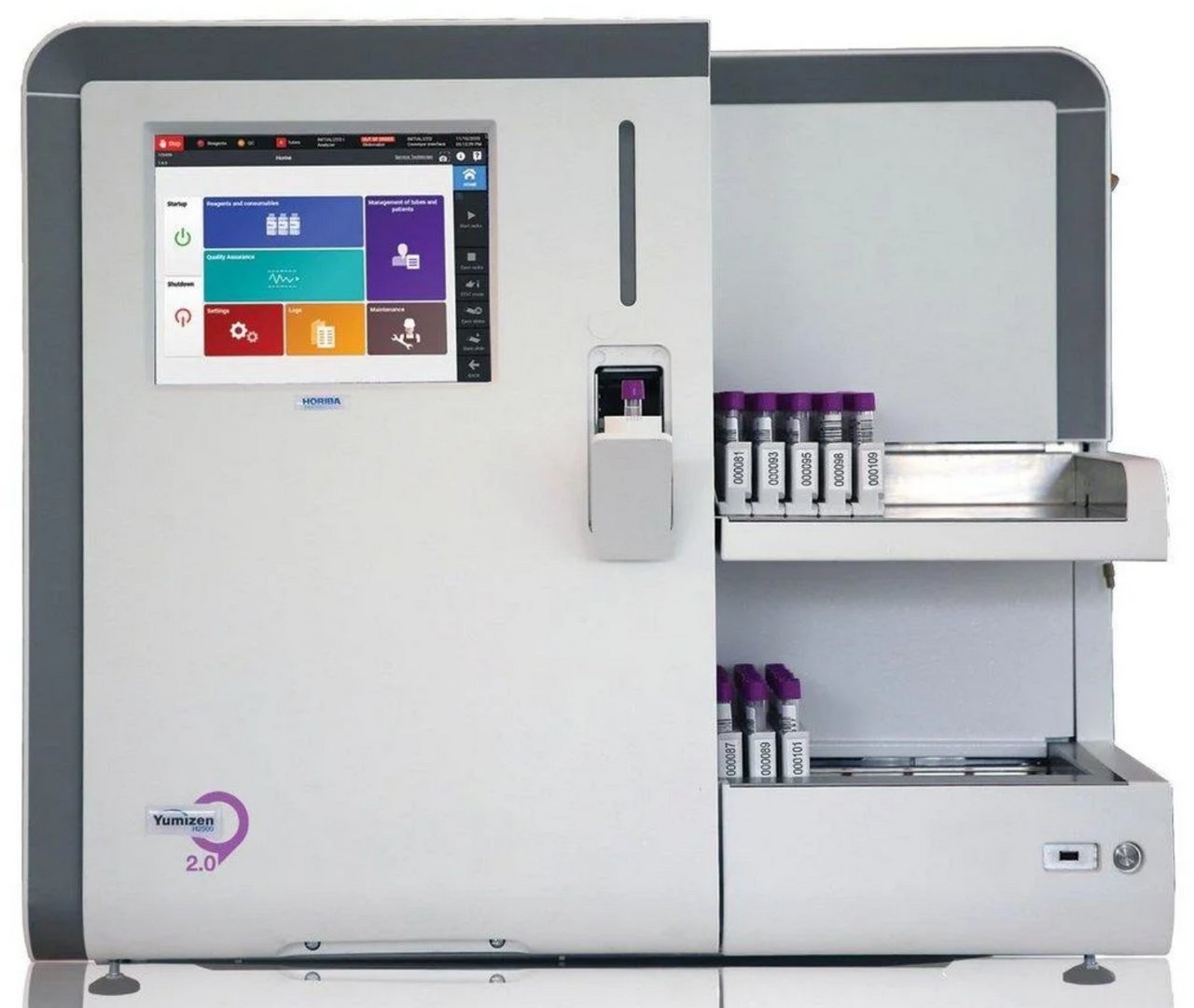


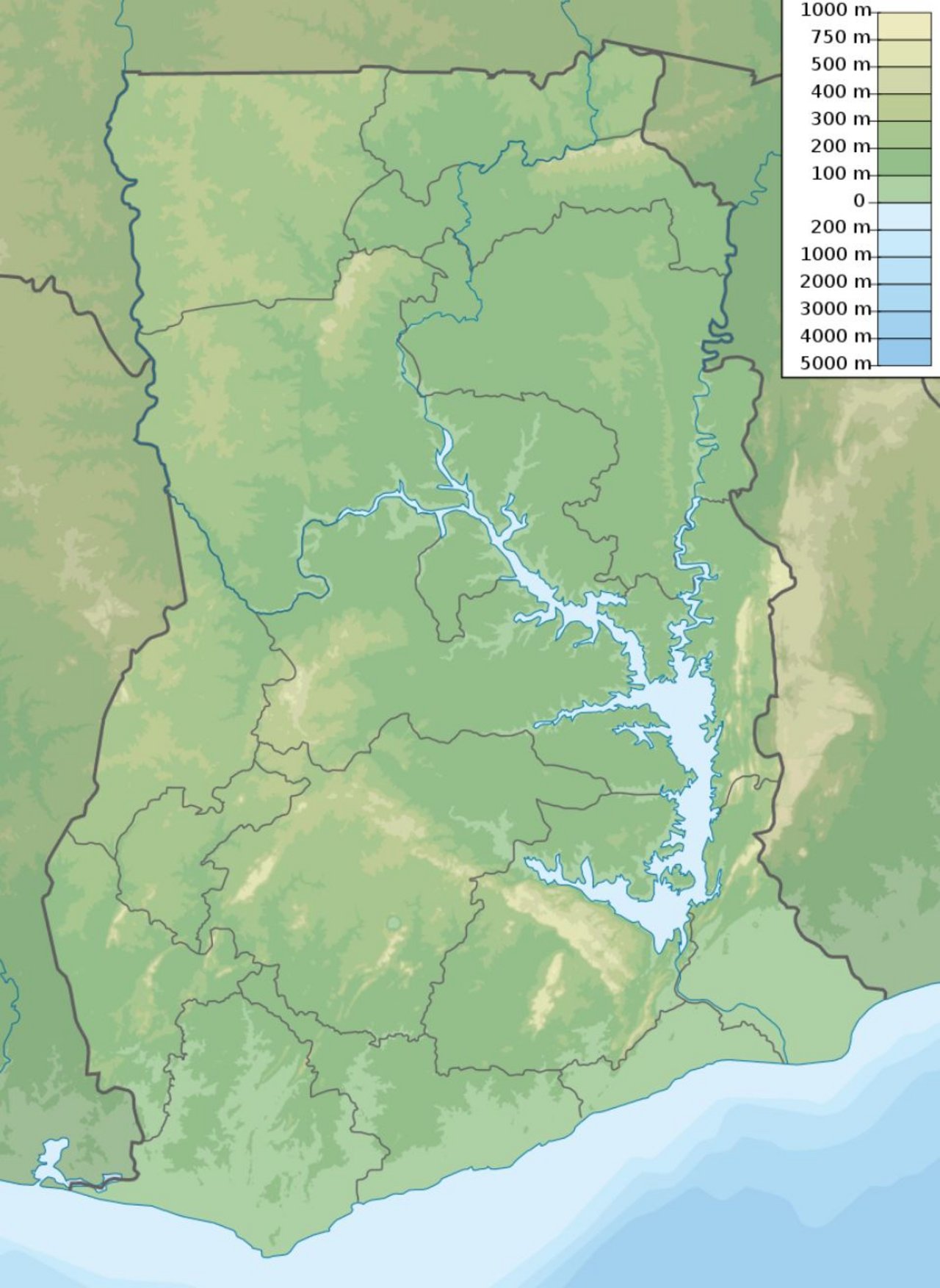
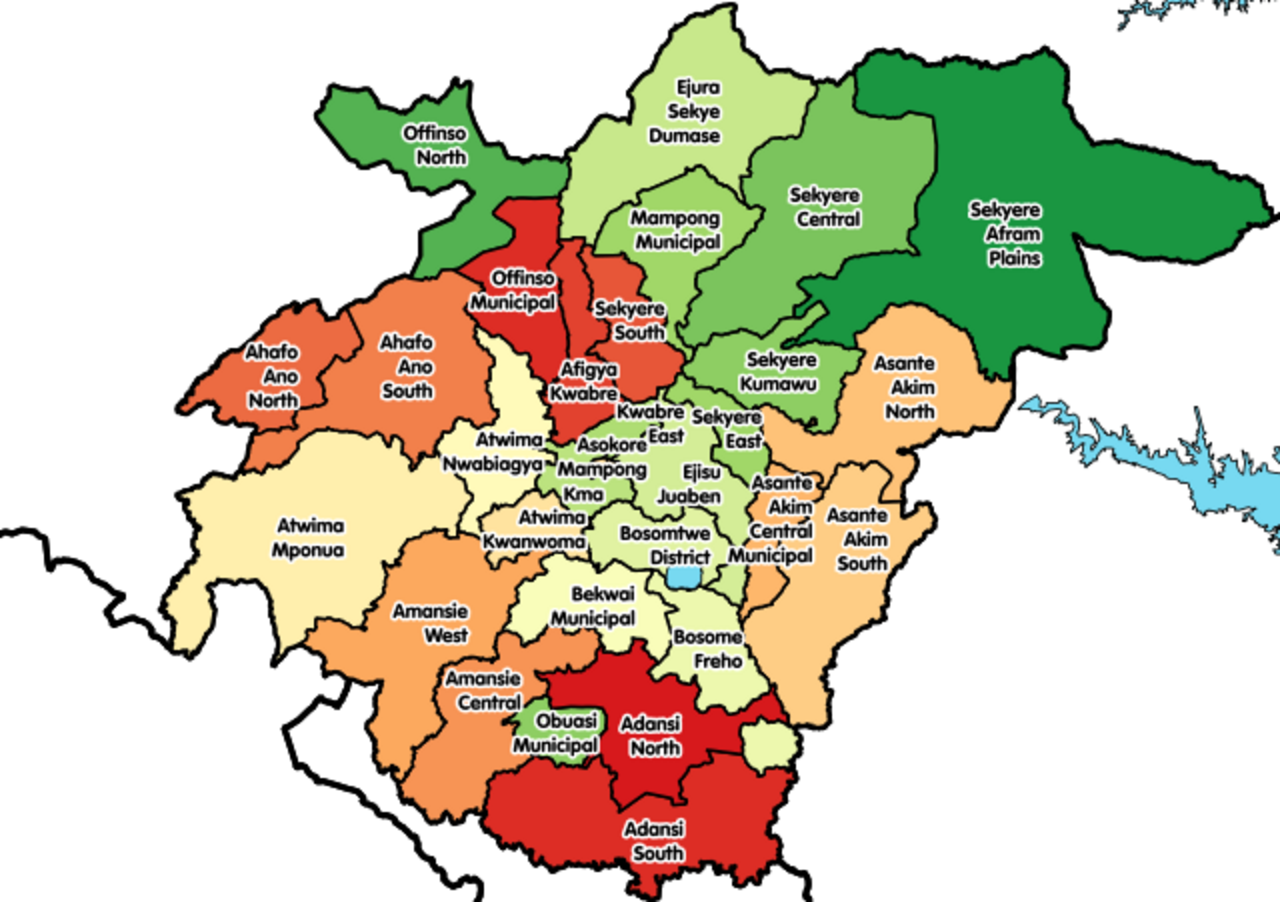

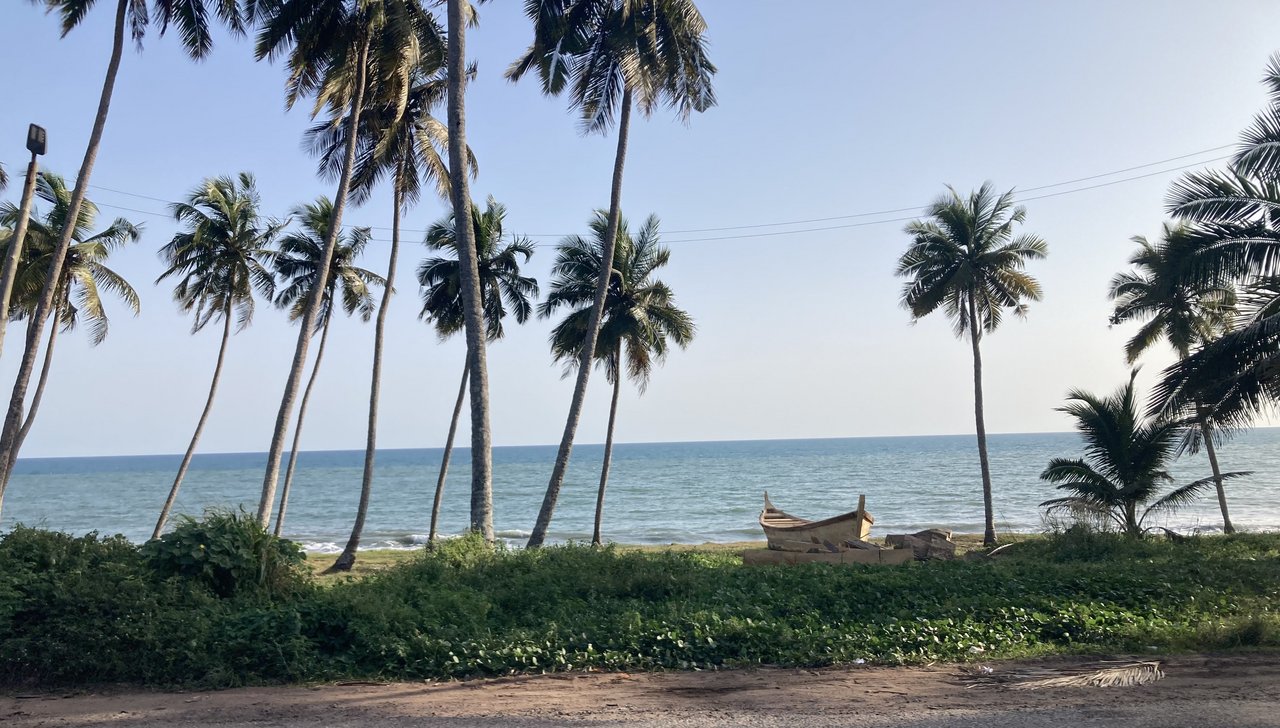
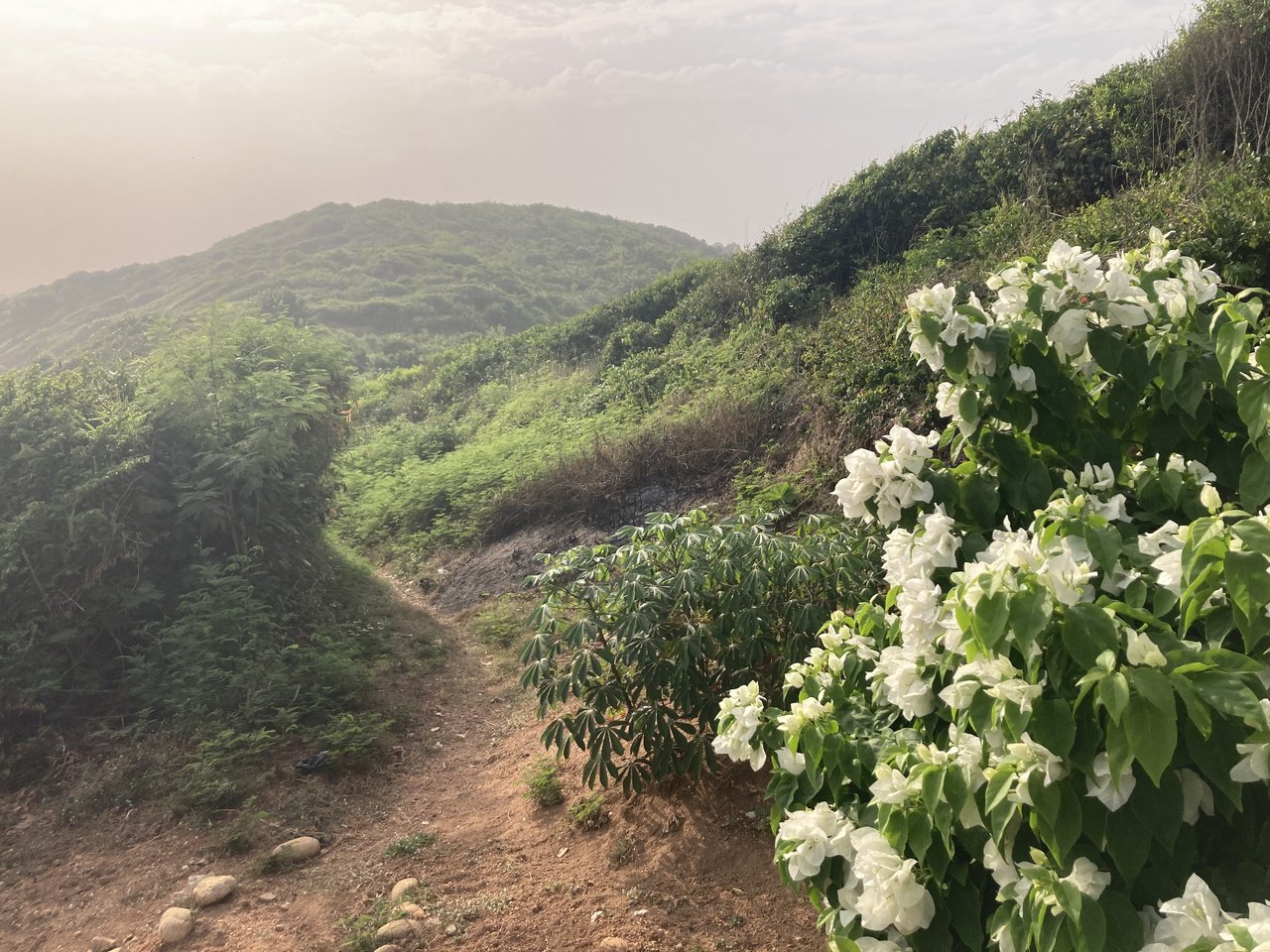
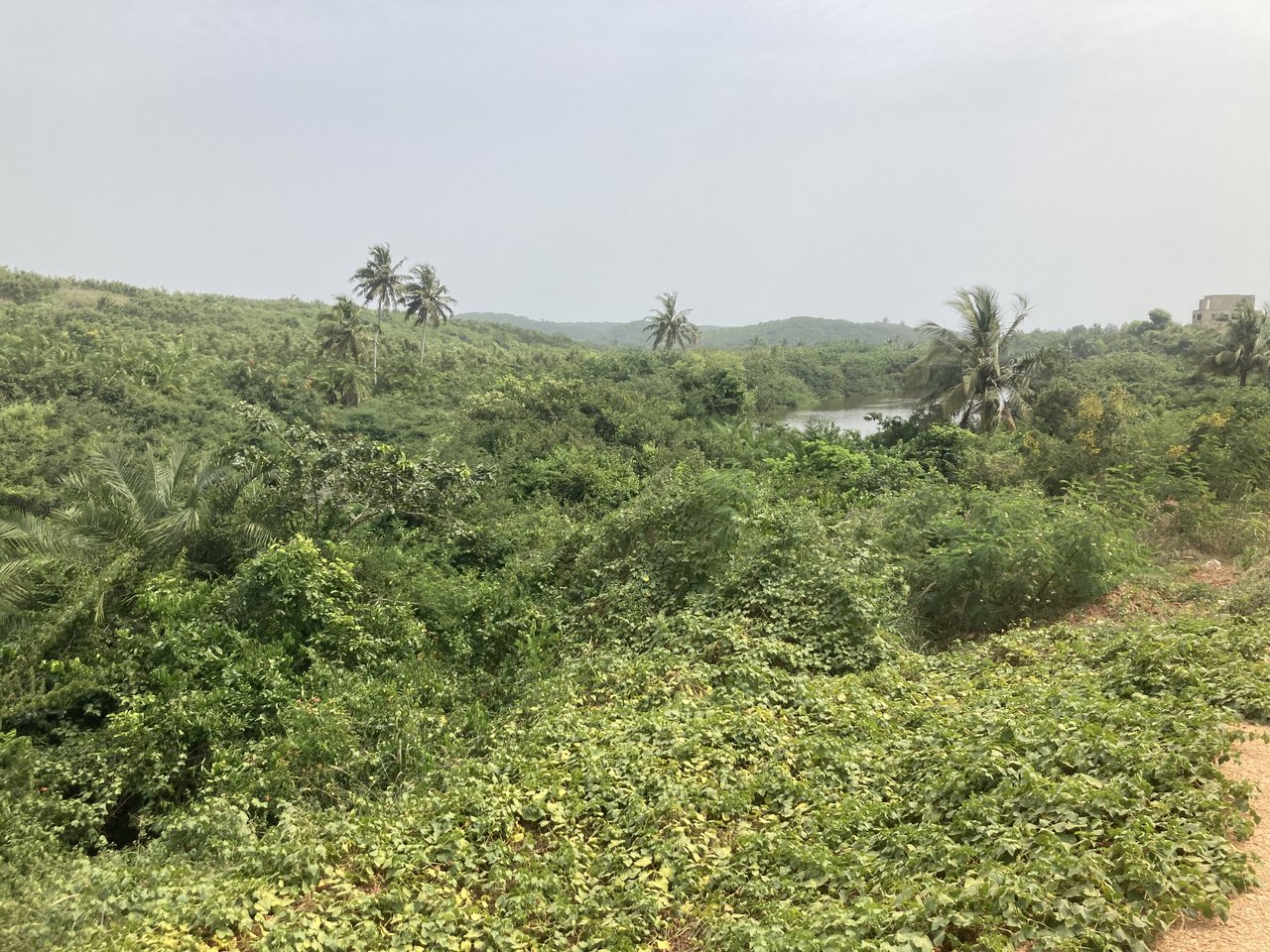
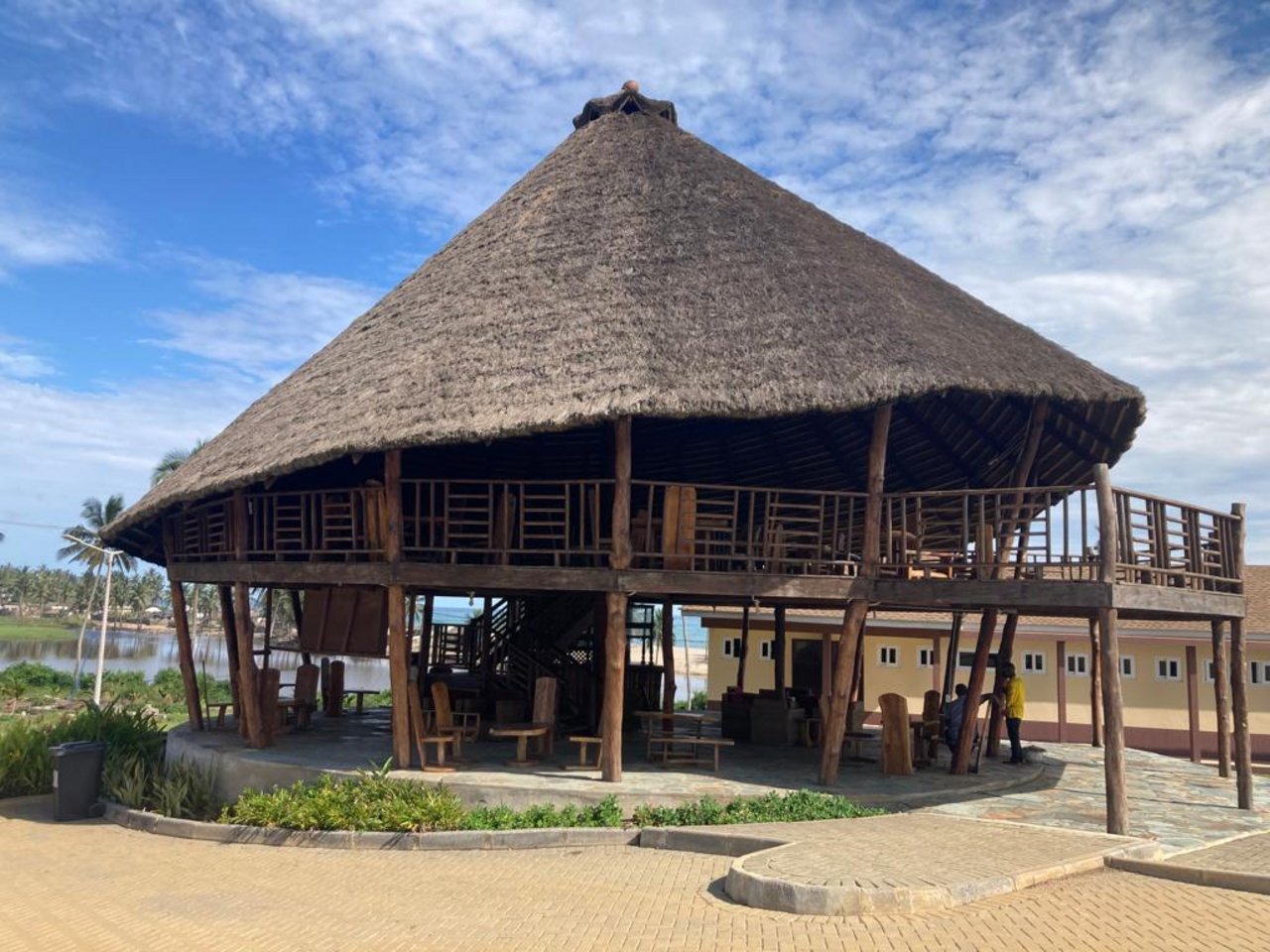
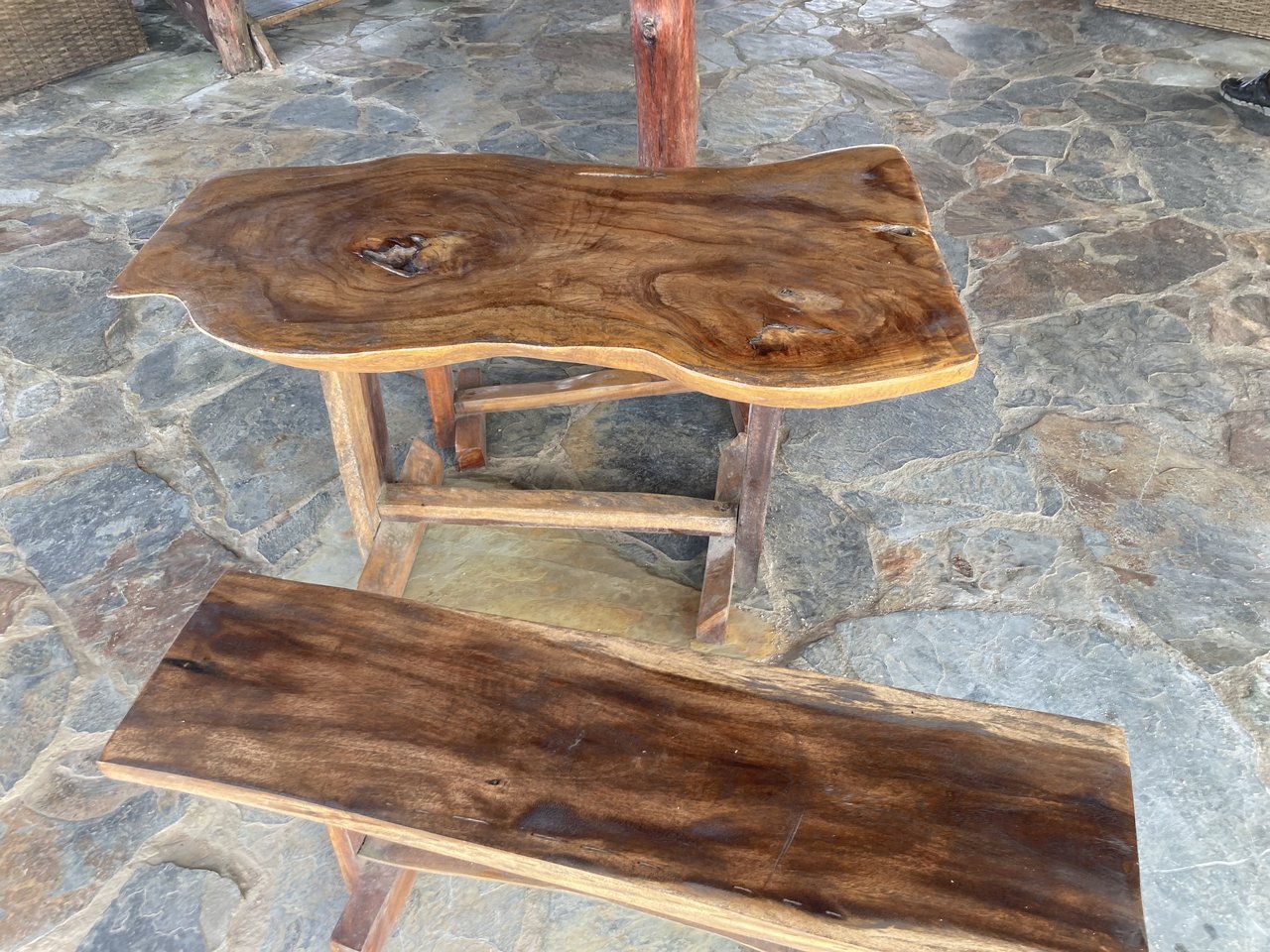
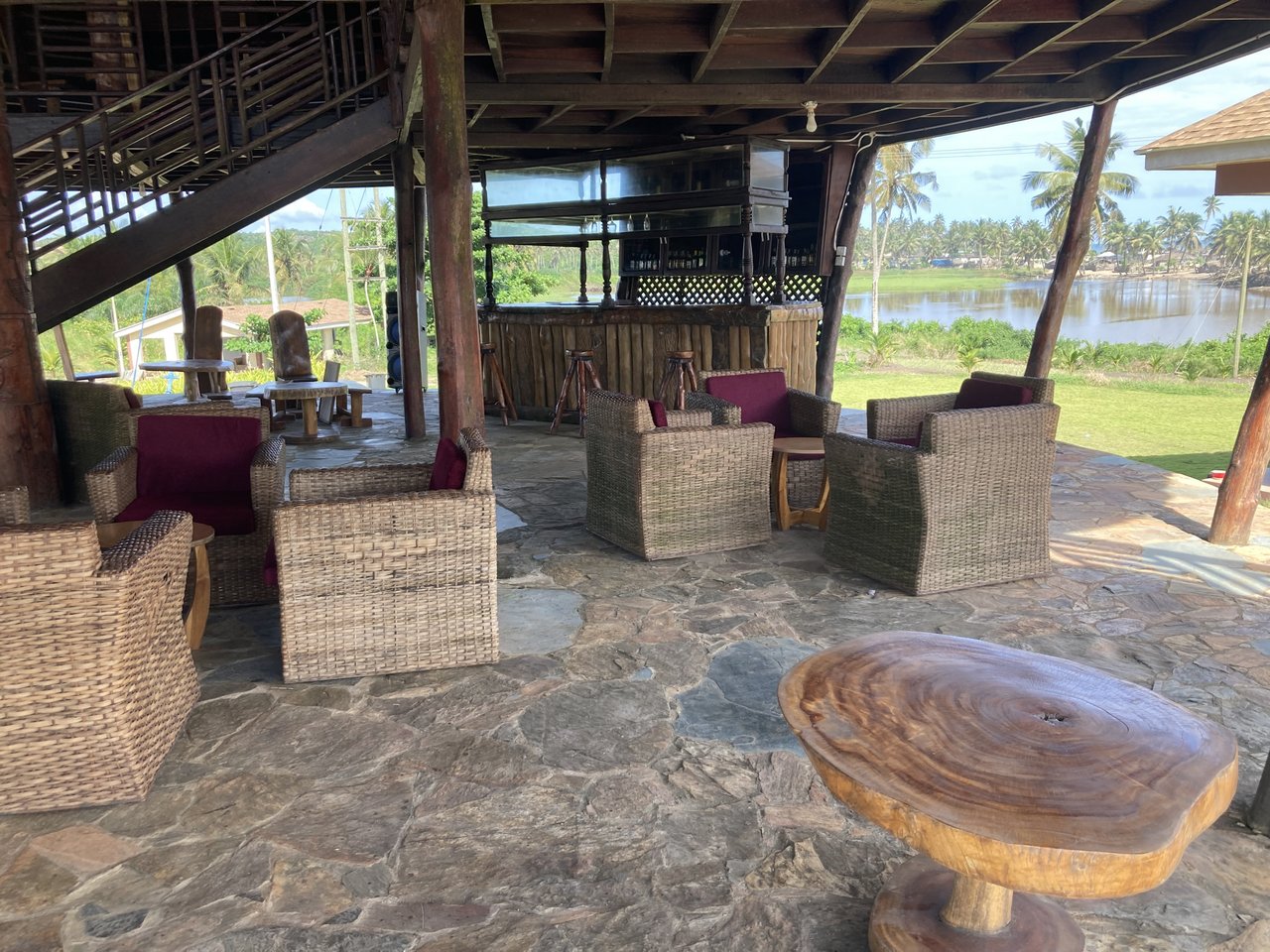
HEALTH OASIS
SALUTOGENESE
Places and areas should fulfil certain conditions that have a healing effect on body and mind. Where people can regenerate and recharge their batteries or simply take some time out. People in need of recuperation who want to do something good for their body and soul.
Therapies for the soul, restoring homeostasis. Rest, recovery, regeneration and relaxation are the focus of our neighbouring GESUNDHEITSOASE.
One of the most important features is the range of holistic medical examinations and the use of natural remedies. Natural remedies such as local medicinal plants, water, minerals, air, peat and much more.
Our pilot project my-ecocamp Ghana is currently in the planning and realisation phase following a 9-month on-site exploration. We are currently looking for a suitable site for our educational centre with potential for recreation and well-being based on various selection criteria:
Willingness of local institutions to support the vision of a healthy living environment and preserve their own culture
Promote recreational and leisure value
Low environmental impact on soil, water and air
Avoidance of the use of herbicides and pesticides
Achieve additional sources of income through holistic ecological action
BUILDINGS MADE OF NATURAL MATERIALS IN A CALMING ENVIRONMENT WHERE
BODY, SOUL AND SPIRIT CAN COME TO REST
In addition to the my-ecocamp educational campus, the site will also include areas for permaculture, medicinal plant and herb gardens, a health and research centre, event and exhibition spaces for presenting local products, as well as bed and breakfast accommodation.
Geomantic analyses
Soil samples
Ionisation of the air
Drinking water sources
Influence of industry and mining areas
Through traffic
VISUAL IMPRESSIONS
COLOURS IN A CULTURAL CONTEXT
Colours have an effect on several levels:
Emotional level: Certain colours can evoke specific emotions. For example, red is often associated with passion and energy, while blue suggests calm and stability.
Physiological level: Colours can evoke measurable physiological reactions. For example, red can increase blood pressure, while blue can lower it.
Cognitive level: Colours can influence our attention and affect or improve our ability to process information. For example, green colours are often associated with improved creativity and problem solving.
Behavioural level: Colours can influence our behaviour. For example, warm colours such as yellow and orange can be used in restaurants to encourage appetite and sociability.
Earth colour brown
is the colour of nature. It symbolises the earth and stands for stability. Brown is associated with security, safety, stability, cosiness and reliability. It is therefore no coincidence that people like to walk on natural brown-coloured floors. After all, you want to be able to rely on the floor under your feet remaining predictable with every step you take.
SOOTHING COLOURS
Mother-of-pearl
is a fascinating colour that has a noble and magical effect with its shimmering highlights and mirror-like light reflections. Many people associate mother-of-pearl with stability, and the colour often evokes feelings of trust and security
SOURCES OF LIGHT
Light not only influences our biorhythm, but also our mood and well-being.
The human body is naturally accustomed to the sun's light cycles. Hormones in the body control how we feel, as well as our sleeping and waking states. When it is bright, the body releases serotonin and cortisol - both substances make us feel awake and able to work. Melatonin, on the other hand, is known as the sleep hormone and ensures tiredness and a sound sleep in dark rooms.
According to various studies, certain qualities of light have certain effects - for example, studies show that blue light is particularly harmful at night. Red light less so. This is due to the fact that humans are adapted to the natural light conditions provided by the sun, which provides slightly bluish light in the morning and slightly reddish light in the evening and also controls our biorhythm through these qualities of light.
Large windows, ideally facing south or east, support the daily routine enormously and lead to a pleasant awakening in the early hours.
Blue light is particularly suitable for waking up, as it suppresses the sleep hormone melatonin. However, the same effect can have serious consequences for sleep if such a light source - including mobile phones - is used before going to bed. For the evening, a warm white light is recommended, which ideally simulates the sunset using a dimming system. Bright light should generally be avoided after sunset.
Different coloured light is usually not recommended as it disturbs colour recognition and does not occur in nature. LED lights, which now offer more and more light output than in the early days, are particularly suitable for desk lamps as they promote concentration.
Light in rooms
In rooms, attention should be paid to uniform lighting. Particularly pleasant effects can be created using reflective surfaces such as white walls or mirrors, as the light does not hit the eye directly, but is scattered beforehand and thus distributed throughout the room.
Many small, different light sources can be used to brighten up shadow areas and adjust the lighting according to requirements and the time of day. This has a very ‘cosy effect’ and is also often used by feng shui consultants to optimise a room.
INTERIOR DESIGN
VARIED WITH ELEMENTS FROM FENG SHUI
COMFORTABLE FURNITURE
PLANTS
WATER GAMES
my-ecocamp participants
INITIAL COLLECTION OF HEALTH DATA
Awakening an understanding of the interplay of body-mind-spirit through appropriate activities and imparting important knowledge for better understanding
Initial anamnesis survey
Completion of submitted event forms from pregnancy to date
Known laboratory data
DIAGNOSTICS SCREENING
BODY MEASUREMENT
Height
body weight
body composition and type
Waiste circumference
EYES
Visual acuity
Intraocular pressure
Ocular fundus
Eye examination with VAA-2000 self-sight testing device
EARS
Pure tone audiometry
TEETH
Amalgam
Chipped teeth
tooth decay
Gums
ORGANS
GUT
HEART
LIVER
LUNGS Spirometer
STOMACH
SPLEEN
FUNCTIONAL TESTS
ECG
ULTRASONIC
LABORATORY
BLOOD Anemia
METABOLISM Glucose Lipids Electrolytes Vitamin D
FUNCTION Liver Kidney Thyroid
SERUM TEST
URINE Glucose Protein Hermaturia
STOOL Occult blood Parasites
Special Analytic
Immune status
Mitochondria
Dengue Malaria Hematology Analyzer Yumizen 1500 HORIBA
https://www.horiba.com/deu/healthcare/academy/technology/malaria-dengue-screening/
ACTUAL STATE
through non-invasive diagnostics
Support for SALUTOGENESIS
Restore the homeostasis control loop
Detox programme
Microimmunotherapy
Burnout and depression
Headset Flow with non-invasive transcranial direct current stimulation
In depression, activity in the front part of the brain is reduced. This is the part of the brain responsible for regulating mood, sleep and motivation.
The brain is stimulated by electrical impulses. Flow sends gentle electrical impulses to the area that is working less efficiently. This revitalises the cells and significantly alleviates the symptoms of depression. The technology is called tDCS - or transcranial direct current stimulation.
"ISOLATION SPACES Quarantine islands"
BALANCE FOR OUR MENTAL BALANCE
MEDITATION TAI CHI CHUAN QI GONG YOGA
TAI CHI CHUAN
Most beginners start practising Tai Chi with the Peking form, a mixed form of movements that are easy to practise. This means that Tai Chi practice is free from the guidelines of a particular tradition and can be practised and deepened with qualified Tai Chi teachers.
In 1956, the National Sports Committee of the People's Republic of China revised the Beijing form and compiled it from various Taijiquan forms.
Repetitions were cancelled and levels of difficulty built on each other. The Beijing form made Tai Chi Chuan a popular sport in China.
Shadow boxing is usually practised with the Beijing form. The practitioner learns relatively few figures with 24 and can therefore concentrate more on inner work - and yet the Beijing form contains all the basic movements needed to practise Tai Chi Chuan.
Practising takes less time and less space.
Today, the Beijing form is a compulsory subject at Chinese Tai Chi schools.
The Peking form is borrowed from the Yang style.
Teaching book Peking Form - with foot diagram and exercise poster
The book by Tai Chi Master Foen Tjoeng Lie ‘Taijiquan. Short Peking Form: Chinese Shadow Boxing.’ is a textbook for the Tai Chi Peking form with many pictures, descriptions of the movements and foot positions.
Introduction, philosophy, basics and the Peking form itself, each figure is explained in turn, with several photos each, on which the directions of the movements of the legs, arms and body are shown with arrows - a foot diagram is included as an extra.
(so you can quickly find the position and direction for each Tai Chi figure) and 2 exercise posters for the complete Peking form
(so you can quickly memorise the execution of a Tai Chi figure).
Thanks to the spiral binding, the book stays open and does not always fold up by itself, which is very helpful when learning.
It is the most comprehensive textbook on the Tai Chi Beijing form that has been published in German:
Taijiquan. Short Peking Form. Book
Teaching DVD Peking Form - for self-study and consolidation
24-figure ‘Peking’ form of the Yang style. Each Tai Chi figure is demonstrated, then explained and can then be practised with the teacher. Views from different perspectives. Tai Chi teacher Andrew Dabioch teaches the Tai Chi Peking form in 162 minutes on the DVD: Teaching DVD
The Tai Chi short form of the Tai Chi Yang style = Peking form
as a video for beginners in slow version suitable for joining in!!!
https://www.youtube.com/watch?v=aNcyD3yRcNA
Figure 01: Awaken the Qi (Awakening the Chi. The beginning. Starting position. Introduction. The initial form. Wu Chi basic posture. The initial posture. Qui Shi.) *
Figure 02: Dividing the wild horse's mane (Dividing the horse's mane evenly. Divide the wild horse's mane left/ right/ left. Divide horse's manes, both sides. Zuo / You Ye Ma Fen Zong.) *
Figure 03: The white Crane spreads its Wings. The white Crane spreads its Wings. By He Liang Chi.) *
Figure 04: The knee graze (Knee graze and push. Straddle the knee left/right/left. Left/right knee graze and twisted step. Brush knees on both sides. Brush knees on both sides. Zuo / You Lou Xi Ao Bu.) *
Figure 05: Play the lute (Play the lute. Play the pipa. Playing the guitar. Play the lyre. Play the lyre. Shou Hui Pipa.) *
Figure 06: Drive the monkey away (Fend off the monkey. Chase the monkey by walking backwards. Turn back left and right to chase the monkey. Turn back to hunt the monkey. Zuo / You Dao Juan Hong.) *
Figure 07: Grab the bird by the tail, left (Grab the bird by the tail. Grab the bird's tail. Grab the sparrow by the tail. Grasp the crane's tail. Grasp crane's tail. Lan Que Wei.) *
Figure 08: Grasping the bird by the tail, right *
Figure 09: Single whip (The whip. The single whip. Dan Bian. The single whip.) *
Figure 10: Cloud hands (Moving the hands like clouds. Hands in Cloud Stream. Hand Waving in Cloud Stream. Yun Shou.) *
Figure 11: Simple whip *
Figure 12: Mounting the horse (Ask for directions and stroke the horse's back. High blow on the horse. Pat the horse's back. Rein the horse. Knock the horse's back. Gao Tan Ma.) *
Figure 13: Right Heel Kick (Kick with the right heel. The right heel kick. Heel kick with the right heel. Kick with the right Heel. You Deng Jiao.) *
Figure 14: Fists to the ears (Hit the ears with the fists. Strike the opponent's ears. Hit the opponent's ears with both fists. Hit the wind around the ears. Hit the Opponent's Ears with both Fists. Shuan Feng Guan Er.) *
Figure 15: Turn, kick left (Turn and kick with the left heel. Turn and kick with the left foot. Turning body and kicking left heel. Turn around and kick the left heel. Turn around and kick the left foot. Zhuan Shen Zuo Deng Jiao.) *
Figure 16: The snake crawls on the ground (Push down to the left and stand on the left leg. The snake crawls down and the golden rooster stands on one leg - left. From the low position, come up on one leg to the left. Creep leftward and stand on the left leg. Zuo Xia Shi Du Li.) *
Figure 18: Beautiful woman at the loom - left and right (Working at the loom. Weaving shuttle right and left. The beautiful weaver at the loom. Left / right posture while weaving. Shuttle Weaving on both sides. Zou / You Cuan Zao.) *
Figure 19: The needle on the seabed (Getting the needle from the seabed. Needle on the sea bottom. Needle on the See Bottom. Hei Di Zen.) *
Figure 20: Spread the arms like a fan (Fan on the Back. Fans on the Back. Shan Tong Bei.) *
Figure 21: Turn, strike back (Turn, block, parry and strike. Turn, thrust right with fist strike. Turn, deflect downwards, parry and thrust. Turn your body, deflect, deflect and punch with your fist. Turn around with parry and punch. Zhuan Shen Ban Lan Chui.) *
Figure 22: Half circle step / defence / step forward, block and fist punch (closing. Open and close. Pull hands back and punch as if closing a door. Apparently Shutting. Ru Feng Si Bi.) *
Figure 23: Crossing the Hands (Crossing the Hands. Hand Crossing. Shizi Shou.) *
Figure 24: Wu Chi Basic Posture / The Conclusion (Conclusion. The Concluding Posture. Shou Shi.)
QI GONG
In Hamburg and at other Tai Chi Chuan workshops organised by our ‘Taijiquan und Qigong Netzwerk e. V.’, I had the pleasure of meeting Christel Proksch, a doctor of German studies from Bremen.
Christel introduced and taught us a Qigong form she had brought with her from China. Specially developed for tumour patients.
Fan Teng Gong. An ‘ancient Daoist qigong’ that was kept secret for a long time. It was first published in 1987 by Master Lu Xue Zhe from Qing Huang Dao and quickly became famous in China. Master Lu Xue succeeded in freeing a general from cancer.
Unlike Guoli Qigong, Fan Teng Gong, which translates as ‘EVEN NORMAL PEOPLE CAN FLY’, is part of Silent Qigong. It is therefore also ideal for weakened tumour patients.
It is a very effective, highly energising Qigong. A kind of standing edition in which certain Qi centres are ‘irradiated’ with your own hands. This initiates cleansing processes.
The functional energy of the liver is made permeable and harmonised. During the exercise, the body temperature is measurably increased. Similar to hyperthermia treatment.
Fan Teng Gong is a self-contained exercise system with 10 main exercises, 2 cleansing exercises, 3 exercises to absorb energy and a sitting meditation.
Health for the future of our children
An attempt at an explanation and certainly not a patent remedy. Different approaches to defining health and children
World Health Organisation WHO
The WHO has developed guidelines in which scientific findings have been summarised and made available to all countries. The aim is to reduce children's exposure to risk factors. This involves very complex issues such as pollutants. In outdoor and indoor air, in soil, in water. Inadequate water supply and food, often contaminated with pollutants. Poor hygienic conditions, lack of sanitary facilities. Environmental disasters, armed conflicts, wars.
Electromagnetic, ultraviolet and radioactive radiation. Noise, a difficult social environment.
European Union - WHO Regional Office for Europe
Article 8.30 of the European Charter of the Rights of the Child stipulates the right of the child to a clean environment. Children are more exposed to the health effects of environmental pollution than adults, especially during the growth phase, and are therefore particularly in need of protection.
German legislation
According to Article 20a of the Basic Law, the state is obliged to protect the natural foundations of life in responsibility for future generations.
Section 1 (3) No. 4 of the Child and Youth Welfare Act calls for the creation and maintenance of positive living conditions for young people.
Holistic healthy living
Our memory makes us as humans something very special. In theory, we have the ability to look back and understand things. But how do people use this ability?
Health as a school subject
In a study conducted by BKK Vivida and the ‘Zukunft Gesundheit 2021’ foundation, well over 84% of young people between the ages of 14 and 34 would like to see health as a school subject in its own right. To be able to form their own judgement. And not to be so helplessly at the mercy of the cacophony of fear and panic-inducing politicians again.
Because facts are like a jigsaw puzzle. And this never forms a complete picture. In science, there is no such thing as ‘it is and will remain so - period’. Paradigm shifts are part of everyday life. Because the groundhog learns something new every day. It is important to communicate the provisional nature of facts and to convey this in all media in a way that everyone can understand.
In science, of course, there are also hard facts that are recognised when they have been proven by independent experts in experiments. And yet it is also true that there is no definitive truth in science. It's always a case of wandering forwards. Always open to new findings.
Very few of the findings that led to Nobel Prizes were ‘made to order’. In most cases, they were even unintentional phenomena that were then specifically addressed.
Recognising that every person on our planet is unique, we will try to provide an insight into the variety of ways to stay healthy in a forward-looking and sustainable way at the trade fair. Even for those who are not genetically optimally equipped by their grandparents and have been confronted with various pre-existing conditions from birth.
Our aim is to show a cross-section of how everyone can approach their topic individually. In theory & practice.
So that we can approach this philosophical topic in a practical and real way, it doesn't hurt to have already dealt with and tried out different ways of dealing with ourselves and the outside world that affects us. Even if it has not yet been the centre of interest. It's never too late to make a start. Relaxed, stress-free - without having to prove anything to anyone.
What has often been offered to academics in the evenings as Studium Generale can also be experienced in real life at adult education centres and other educational institutions.
Sustainability
Sustainability is what lasts. Sustainability is just as difficult to define as health.
Those who leave a ‘lasting’ impression are not easily forgotten. An influence, an experience, an insight can have such a lasting effect on us humans that we revise a fundamental decision, change our thinking and possibly our lives. Sustainability requires real commitment. Not just thinking and acting in the short term, like managers and politicians who are driven by quarterly figures or election periods. It is rare for these people to have a long-term perspective.
Those who think and live sustainably, in ecological as well as other issues, transcend their own existence beyond their own mortal self towards a sense of belonging to past and future generations.
Sociologist Harald Welzer poses the question that everyone should ask themselves: ‘How will I have lived?’
Can only an orientation towards the future tense II provide motivation to shape our future now, so that one day we will have shaped it in such a way that we and those who come after us can be at home in it?
The paradox of the concept of sustainability lies in the fact that it means preservation and change at the same time.
DUDEN
Sustainability is a long-lasting effect. It is a temporal term.
Brundtland Commission
The Brundtland Commission's definition became the basis for all further environmental agreements.
‘Sustainable development is development that meets the needs of the present without compromising the ability of future generations to meet their own needs.’
ECOLOGY
Principle according to which no more may be consumed than can be regrown or made available again in the future.
Sustainability through active design. More design, less waste
It is a daily challenge for designers to maintain and harmonise the trinity of economy, ecology and social responsibility.
Cooperations in Ghana
Survey on the prevalence of dengue and malaria, as well as other underlying diseases in the population of Ghana
Working group Infectious Disease & Epidemiology around Jürgen May from BNITM and Oumou Maiga Ascofare from KCCR
KCCR
KUMASI CENTRE FOR COLLABORATIVE RESEARCH IN TROPICAL MEDICINE
As an international platform for biomedical research, the functioning of the KCCR is based on close collaboration between the KNUST School of Medical Sciences (SMS), Ghana, and the Bernhard Nocht Institute for Tropical Medicine (BNITM), Hamburg, Germany.
The centre is open to all scientists from other institutions, the only requirement being that a Ghanaian partner is involved in the respective project.
The main objective of the centre is to develop a number of world-class research programmes by attracting research funding. In this context, the development of training facilities and training programmes for Ghanaian postgraduate and technical staff is a priority.
As a result of our continuous efforts towards this goal, KCCR was awarded the African Network for Diagnosis and Drug Discovery Innovation (ANDi) Centre of Excellence for Applied Biomedical Research in 2011. In addition, the centre was recognised as a WHO reference laboratory for the diagnosis of Buruli ulcer. Our aim is to bring both scientists and their ideas into this network and platform to conduct research in tropical diseases.
The KCCR is organised into multidisciplinary research groups working on different topics. The research groups plan their own research strategy and are led by a group leader who is supported by coordinators, research scientists and trainees.
The groups have a research plan, funding, a range of trainees (interns, MSc, MPhil, PhD, postdoc) and engage with the community (local, national and international stakeholders).
KCCR provides administrative support and facilities to ensure timely implementation of projects.
Vaccinations
Cholera
Dengue Dengvaxia
TBE (early summer meningoencephalitis)
Yellow fever
Hepatitis A
Hepatitis B
Japanese encephalitis
Meningococcal meningitis
Polio (polio / poliomyelitis)
Rabies
Typhoid fever
STIKO vaccination recommendations
The STIKO (Standing Vaccination Commission at the Robert Koch Institute) is responsible for the German vaccination recommendations (standard vaccinations). Every traveller should have these standard vaccinations, which are generally recommended for Germany.
AFRICA
GHANA
Vaccination recommendations
Every traveller to Ghana should have the standard vaccinations generally recommended for Germany, in particular a current vaccination against tetanus (tetanus), diphtheria, pertussis (whooping cough), measles and a basic immunisation against poliomyelitis/polio. Depending on age and state of health, further recommendations are added. Under Vaccinations you will find the German Vaccination Calendar of the STIKO.
Which vaccinations are also recommended for a trip depends on the type of trip and the destination country and must be clarified in a consultation.
In addition, sufficient protection against hepatitis A (jaundice) should be available for many travel countries. If you have close contact with the local population, you should also be vaccinated against Hepatitis B. Hepatitis B can be transmitted e.g. through blood, saliva and during sexual contact.
Explanations:
Mandatory
see entry regulations
Recommendation
see vaccination recommendations
Package tours
When travelling according to western standards, mainly in tourist centres, big cities, eating in upmarket restaurants or in the hotel.
Caution: Travellers often make spontaneous day trips into the interior of the country. In this case, additional vaccination protection, as with adventure trips, could be very important!
Simple travel style
In addition, sufficient protection against hepatitis A (jaundice) should be available for many travel countries. Within the western industrialised countries, chronic hepatitis B is predominantly limited to risk groups, but its incidence increases significantly outside of them. It can then be transmitted e.g. through blood, saliva and during sexual contact, but also through non-sterile (dental) medical treatment. Hepatitis B vaccination is recommended for such destinations.
Entry regulations Ghana
Yellow fever
Entry only with proof of yellow fever vaccination. Exception: Children up to the age of 9 months do not need a yellow fever vaccination.
Malaria Center for Tropical Medicine
There is a high risk of contracting malaria throughout the year and in the whole country, including the cities.
Protection against malaria
Malaria is transmitted by mosquitoes (Anopheles species). Extensive mosquito protection is therefore absolutely necessary. Mosquitoes are nocturnal and thus the risk of being bitten increases, especially in the evening hours and at night.
Rules of conduct
Keep your skin covered (light-coloured long trousers and a long-sleeved top) when staying outdoors and in the evening and night hours.
Stay in air-conditioned rooms, because mosquitoes avoid the cold, or in rooms with fly screens.
Sleep under an impregnated mosquito net as Care plus
Regularly rub effective mosquito repellents on exposed skin.
Unfortunately, repellents with the neurotoxic active ingredients DEET or Icaridin are still recommended.
In addition, insecticides in aerosols, vaporisers, fumigant spirals can be used, for example if a room found has a lot of mosquitoes. In addition, if the risk is high, clothing and mosquito nets can be impregnated with an insecticide, which significantly increases protection.
Natural remedies against mosquito bites
Natural essential oils such as neem oil, lavender oil and geraniol have repellent properties. They also have a repellent effect on mosquitoes.
Citronella
Scented geranium
Lemon eucalyptus
Clove
Peppermint
Rosemary
Cedar
Cinnamon
Lemongrass
When making, a skin-friendly body oil such as almond oil should be used in a ratio of 3-5 ml essential oil to 50 ml oil. In a special mixing ratio, they work as well or as poorly as the neurotoxic DEET. People who spend longer periods of time in malaria areas should refrain from rubbing in products containing DEET.
ZEDAN is available for purchase: as a repellent and concentrated room fragrance for vaporisation. MM Cosmetic GmbH www.zedan.com
Attractants
Tricosen is the most important pheromone (sexual attractant) used to attract flies. It is then used in combination with insecticides or electric traps.
Another attractant for insects is carbon dioxide.
Undecan-2-one (methyl-nonyl-ketone) is a common flavouring agent that is a component of e.g. coconut oil and is used to scare away vertebrates.
Mode of action
Repellents applied to the skin evaporate and thus form a "scent coat" which causes a change in the insects' or ticks' sense of orientation. The animals are then briefly unable to locate their victim.
So-called pheromone traps contain sex hormones (pheromones) that attract insects. Due to their purpose, these pheromones only have a group- or species-specific effect.
It is important for the user to know that no repellent is 100 % effective and no attractant attracts 100 % of the target animals!
Medication
There is no successful vaccination against malaria available!
There are various prescription malaria medicines for prevention (prophylaxis). In addition, there are stand-by medicines that can be taken with you to be able to act immediately in case of an illness ("fire extinguisher"). Which medicines are the right ones depends on many factors. Drug intolerance, regular use of other medicines or, for example, the age of the traveller can be important influencing factors.
Consultation with a travel medicine specialist is necessary. All antimalarial medicines require a prescription and must be prescribed by a doctor.
Travel first-aid kit
Every holidaymaker should have a first-aid kit. The contents of course depend on the destination and the duration of the trip. Depending on the type of trip, it should contain, among other things:
Sunscreen (for children with a high sun protection factor)
Bandages
Insect repellent
Clinical thermometer
Remedies against nausea and vomiting
Painkillers
Remedies for stomach and intestinal problems (ORS solution for diarrhoea, remedies for heartburn and constipation)
Remedies for motion sickness
Seek advice from a qualified pharmacist as soon as possible.
Important:
To be on the safe side, you should take double the amount of medicines that you take regularly and distribute them evenly between your hand luggage and your travel luggage. In various countries there are import bans on medicines (e.g. in Asia and Africa). Talk to your doctor so that he or she can issue a certificate for you to take your personal medication with you, if necessary.
The respective destination, the type of trip, planned activities and the health of each traveller are important for the advice. One person plans a holiday in the Alps, another in the Mediterranean and the next in Asia. But even for the same destination, health advice can vary. For example, for a young adult, a family with young children, for pregnant women, elderly people or patients with pre-existing conditions. The qualified advice also adapts the recommendations exactly to the planned activities: Someone planning a trekking tour or a diving holiday needs different precautions than the package tourist who has booked a hotel with high comfort.
Who pays for travel vaccinations?
There is no uniform regulation on which costs of preventive travel medicine are reimbursed by the health insurance funds. The reimbursement of travel vaccinations is not prescribed by law; it is a voluntary benefit that each individual health insurance company decides on itself. Many health insurance funds have decided to reimburse the vaccine and the medical services in full, while others assume a share of the costs.
You can find out which benefits are reimbursed by your health insurance fund in the list of health insurance funds.
Health insurance abroad
If you are travelling abroad, you should definitely take out private health insurance. Medical services abroad are often much more expensive than in Germany and the statutory health insurance companies may only reimburse the costs according to the German rates. Statutory health insurers are also not allowed to reimburse return transport to Germany in the event of an accident, for example. Make sure that the private insurance includes "assistance services", so you will also receive an emergency number. The insurance company will then organise all necessary measures on site. Compare different offers early on.
If you have to go abroad on business, you should also make sure you have health insurance abroad in good time. Insurance companies have special offers for companies.
The country health information has been compiled carefully and according to the current status. Nevertheless, no liability or guarantee can be assumed.
© MedPrä GmbH